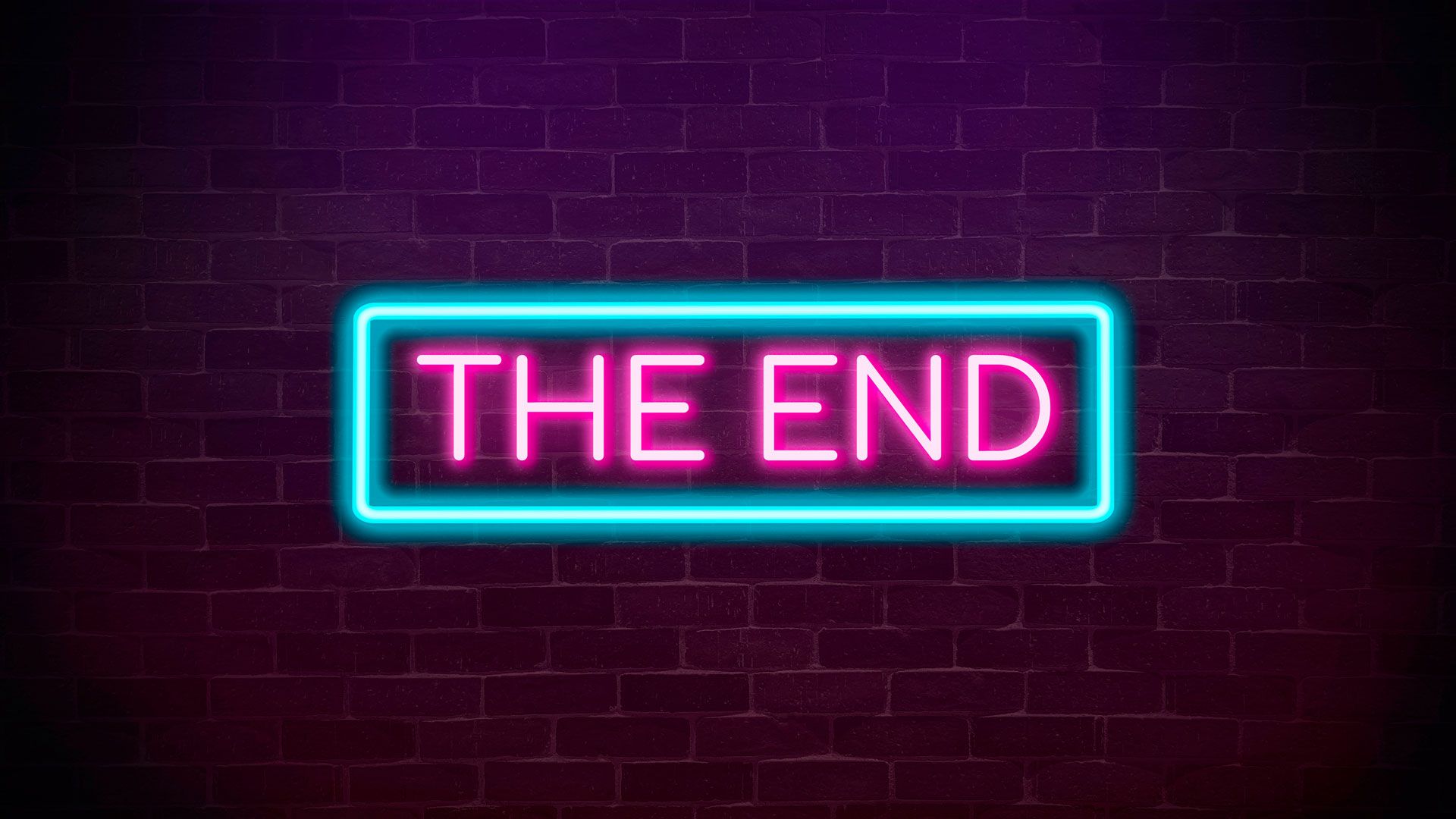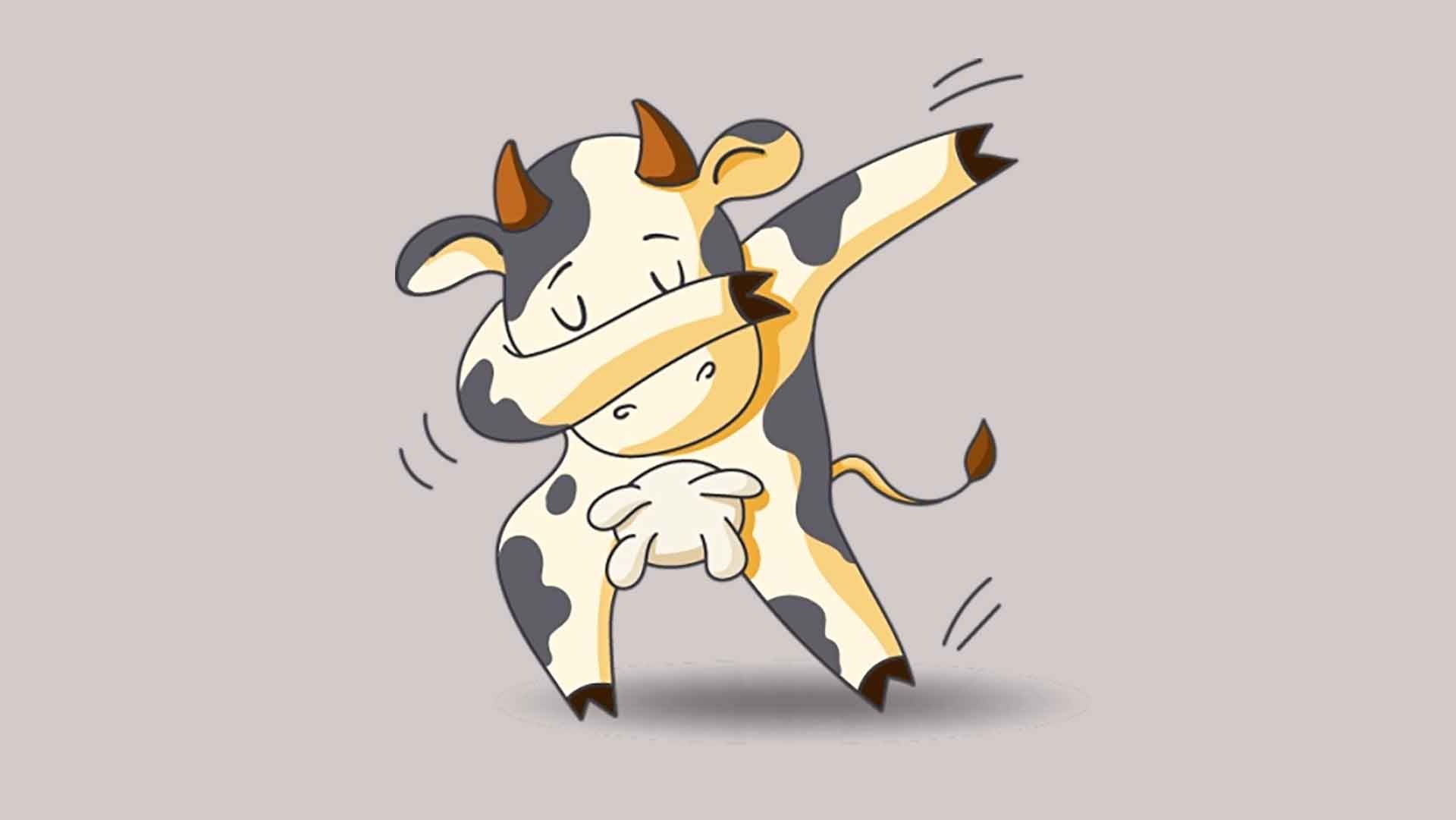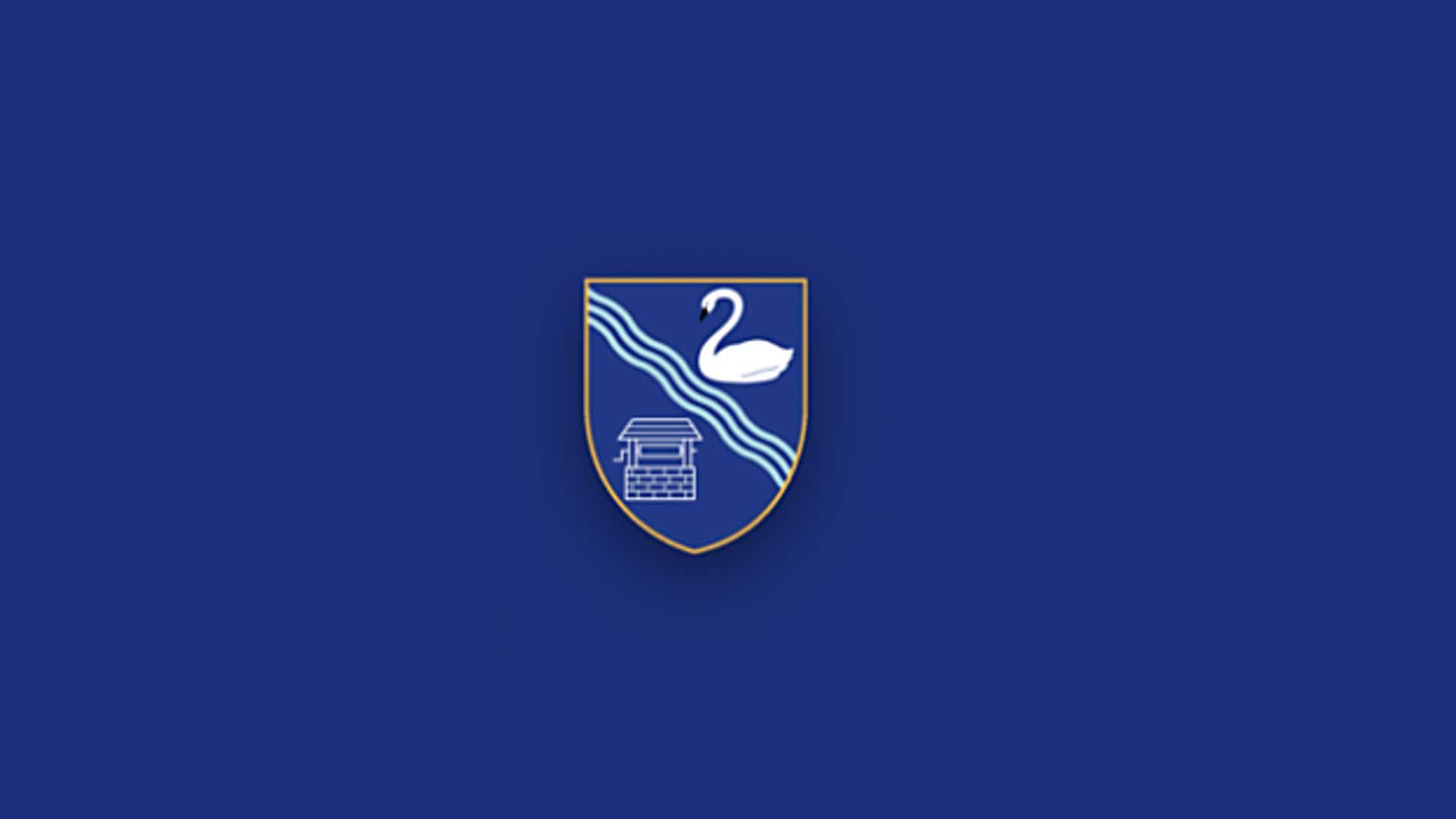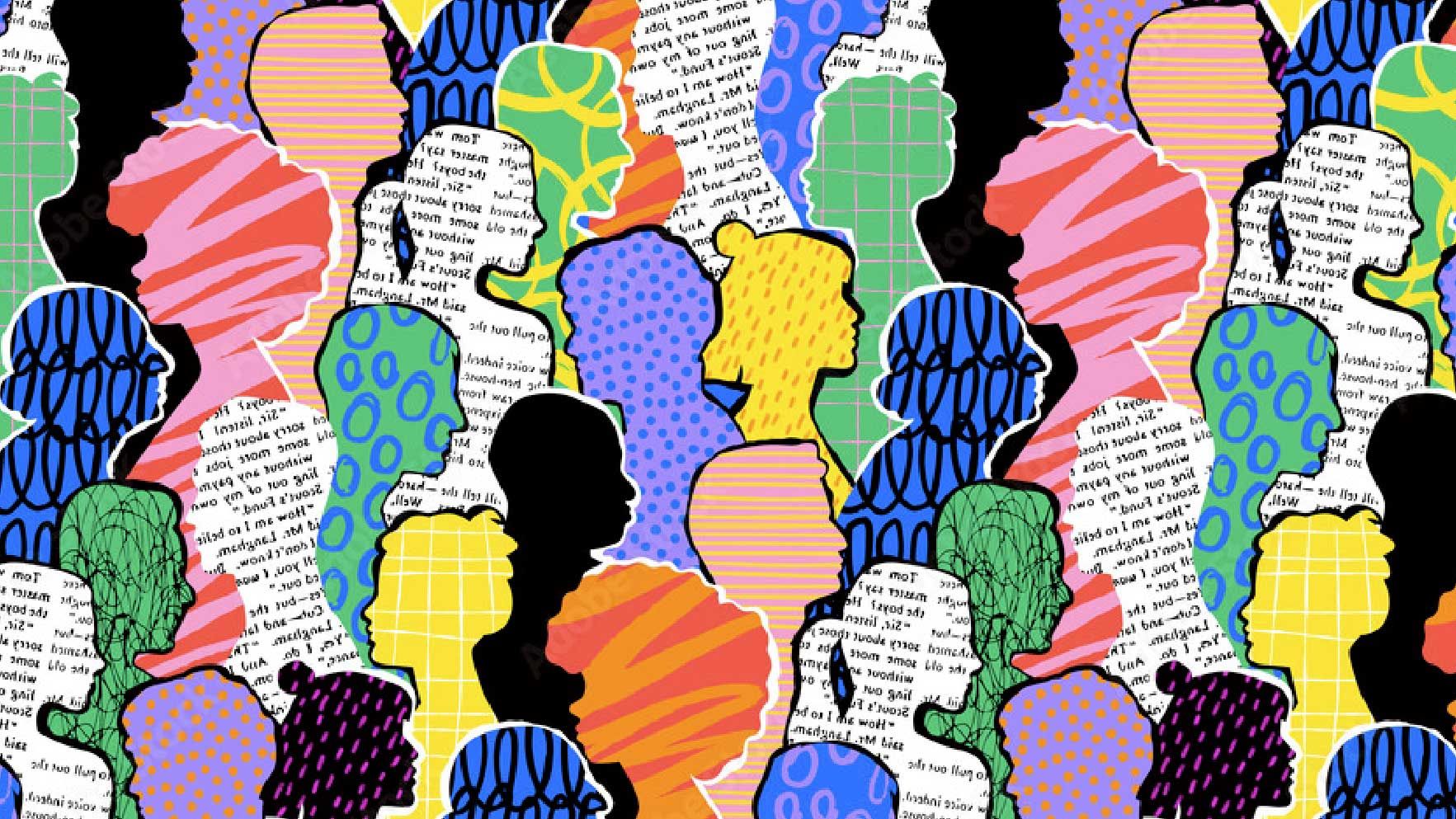Facing the end of term - are you just about surviving? Here’s how to thrive instead!

You’re nearly at the end of term, so Is your face aching yet? Are you asleep on the sofa every night before 7 pm? Are you struggling to remember your own name, let alone the kids’ names?
Yep, we hear you.
If you’re tippety top and thriving, this probably isn’t the blog for you. But if you’re only just surviving, it definitely is. So how do you know the difference?
Surviving and thriving - what’s the (sciencey) difference?
Thriving and surviving are both high-energy states. You’re thriving when you feel: optimistic, confident, engaged, excited, enthusiastic, proud, happy, and stimulated.
You know, the feelings you get when your class performs their nativity play in front of the whole school and their parents. Everyone remembers their lines and sings like angels - no one picks their nose.
Surviving is when you feel: annoyed, fearful, angry, frustrated, impatient, anxious, worried, and incensed. Basically, all the feelings you’ve had, over the past three weeks, whilst rehearsing the nativity!
Of course, we can swing between the two states or sit somewhere in the middle, but it’s important to recognise when we’ve ‘just’ been surviving for a while.
In particular, it’s helpful to acknowledge the emotions that we’ve been feeling in survival mode. Emotions are our body’s way of getting us to take action – keeping us safe. They’re not good or bad; they’re all human and telling us something.
Research shows that if and when we suppress these emotions, we open ourselves to other psychological and physical difficulties.
So you’ll need some ideas to stop that from happening.
What actions do our bodies and brains need to recover; to stop us from breaking down?
With the holidays only a few sleeps away, what does it mean to be in ‘recovery’ mode and how does this help us with our mental health and wellbeing? Also, how many more words beginning with R can there be?
Rest
Rest means stopping. Completely. Not just slowing down a bit, but ‘switching off.’ Perhaps:
- Enjoying a long hot bath with some twinkly lights and candles to keep you company
- Practising a drop of meditation or mindfulness
- Coming off social media, stopping notifications and putting an out-of-office message on emails
- Catching up on all of those zeds you’ve been missing lately. In bed – not on the sofa!
For those people who find it more challenging to rest, perhaps because they have ADHD, work out ways in which you can distract and calm your fast-thinking brain. This might be through doing a complex jigsaw puzzle, playing a musical instrument or completing a Sudoku.
Relax
For some people, spending time with family and friends is a great way to relax. For others, and especially over Christmas, not so much!
Instead, or as an antidote, why not try:
- Going to watch a film. Maybe at one of those cinemas with big comfy sofas and a choice of nibbles?
- Reading some fiction books. Do you remember those? They’re the kind you last read in the summer (or before you started teaching)
- Order the face masks and nail polish and have yourself a pampering day. Or, as a Christmas treat to yourself, book a cheeky spa treatment.
Refresh
And last but not least, make time to refresh - this could be:
- Wrapping up and getting out in the fresh air. Going for a walk on the beach, a run round the park or a skip in the garden. Why not?
- Going for a swim at the local pool or swimming in the wild (if you’re totally bonkers!)
- Rekindling an old hobby or starting something new that you’ve always wanted to do
And remember …
Unlike Rudolph, reindeer and red noses, these 3 Rs are not just for Christmas. For you to spend more time thriving in 2023, they need to become healthy habits which you do consciously, effortfully and regularly.
Have fun, take care and when you return to the socials, let us know how you got on.
More














